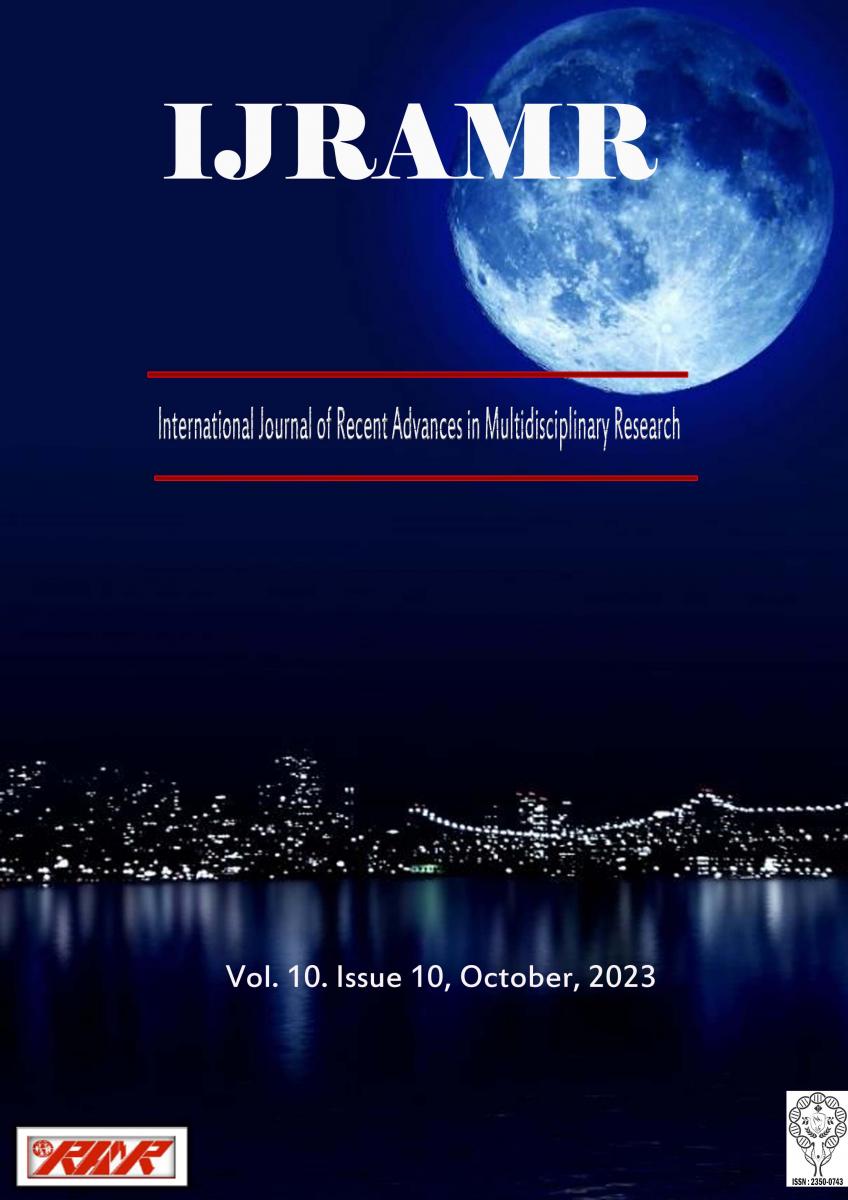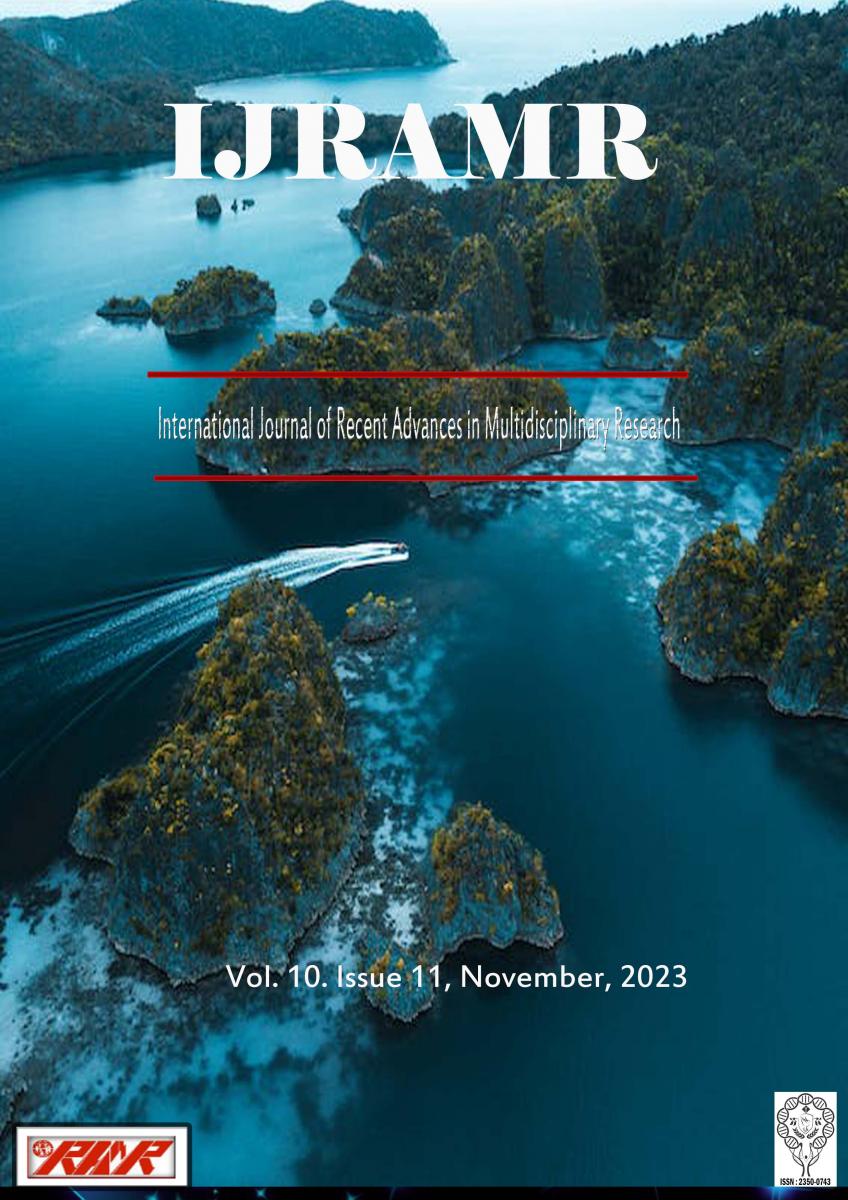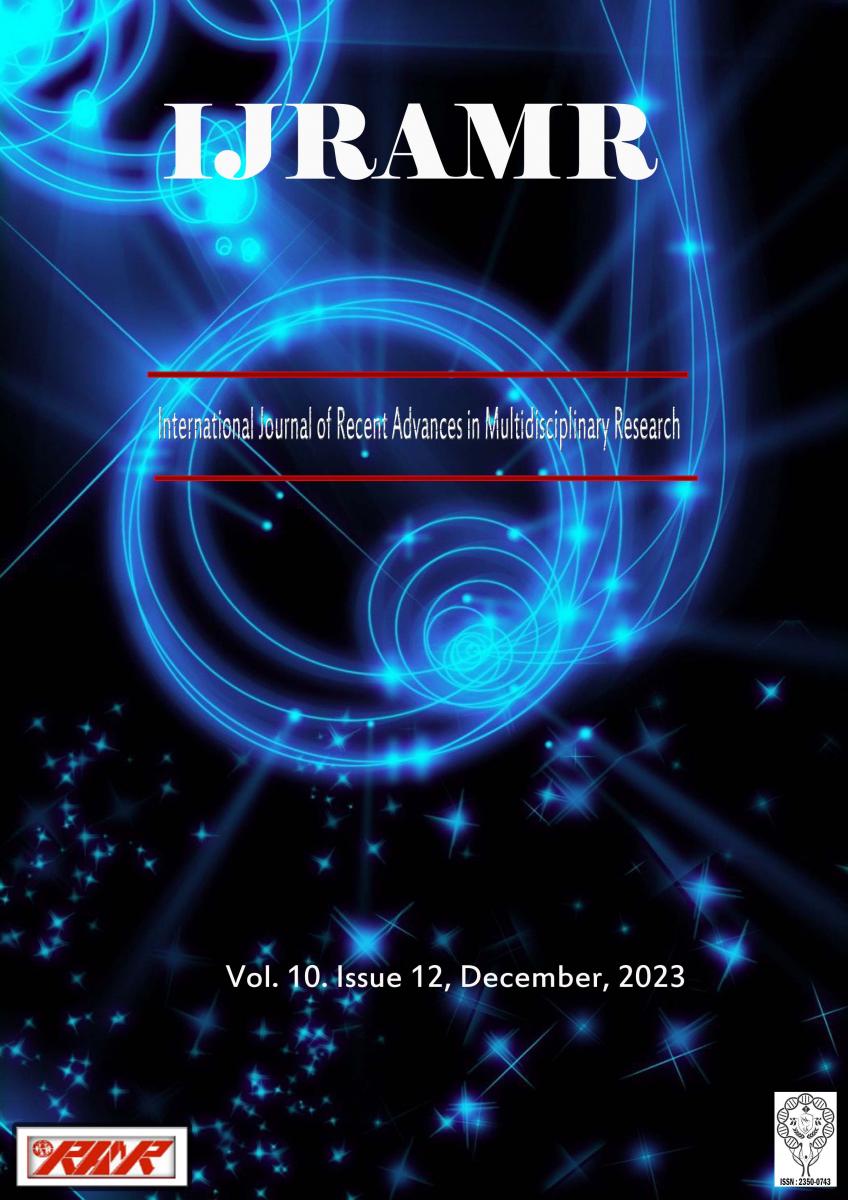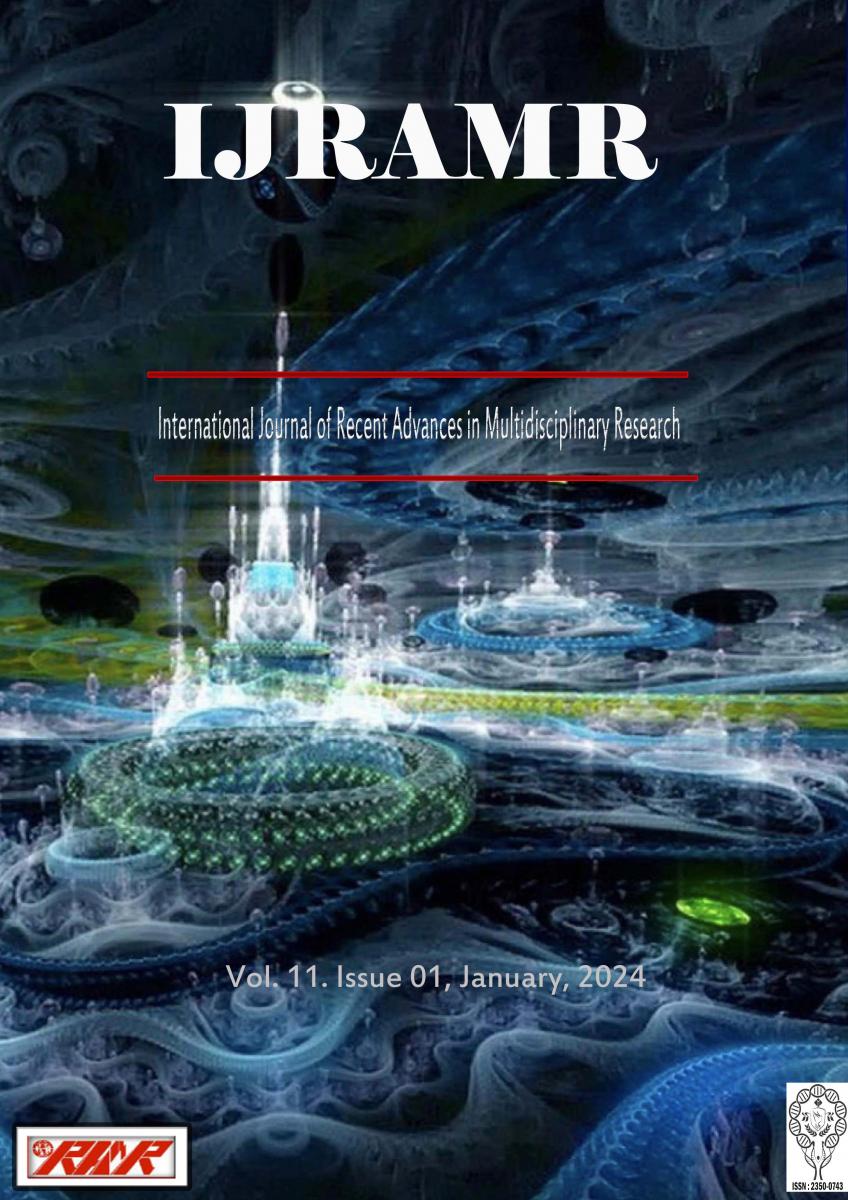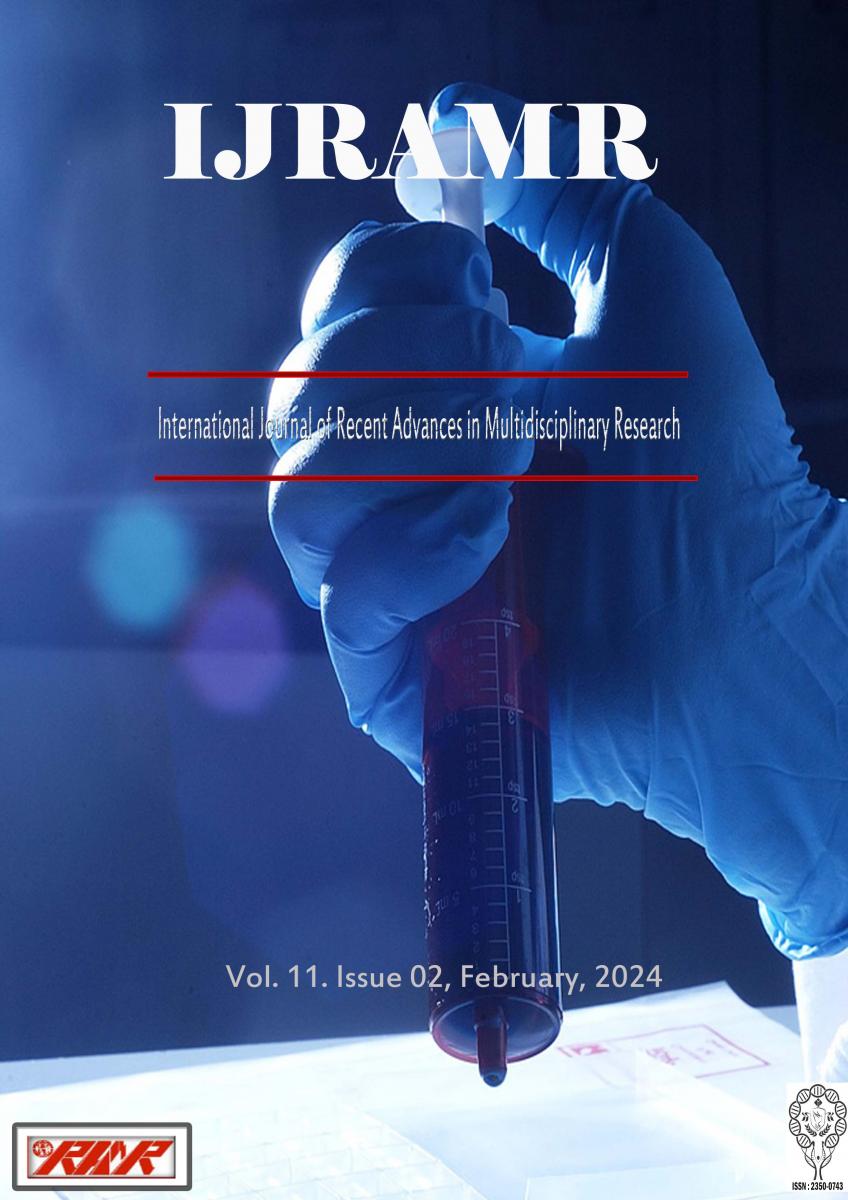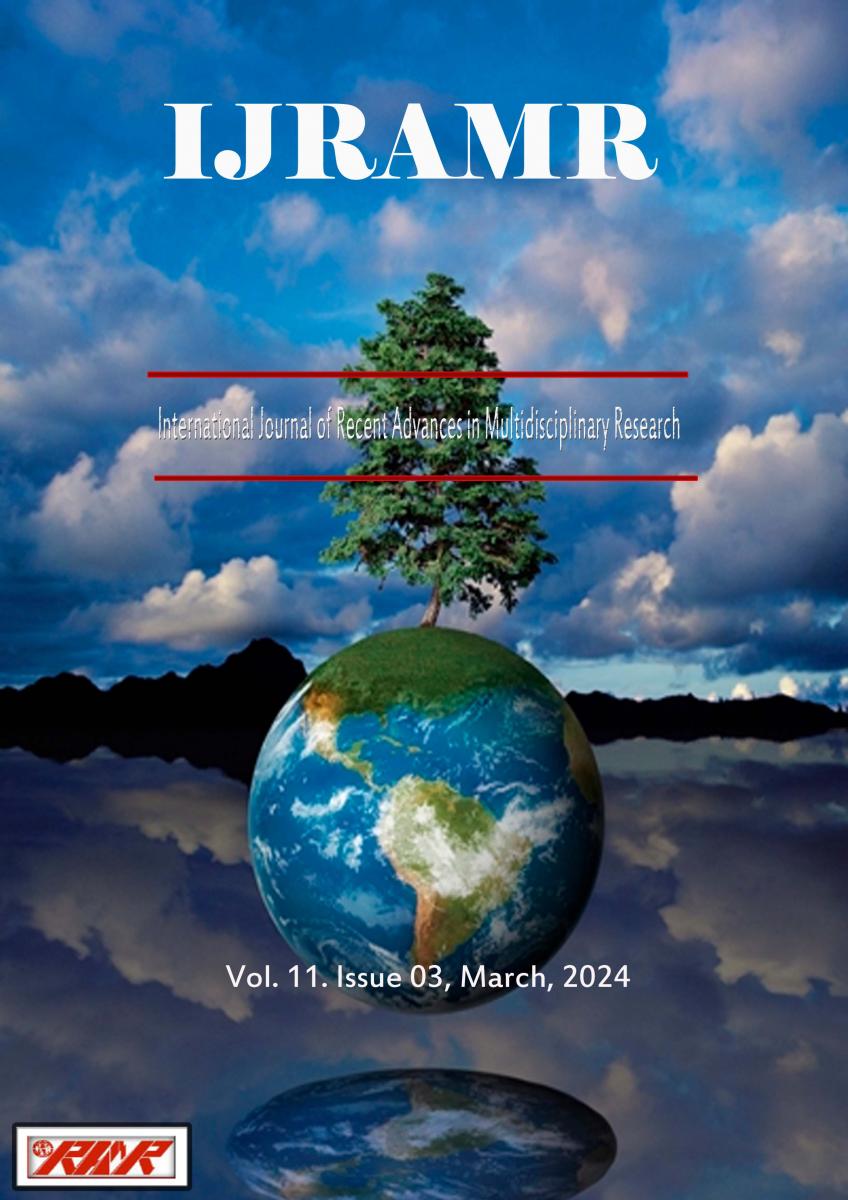Takotsubo Cardiomyopathy (aka Stress-induced cardiomyopathy) is characterized by a regional, usually transitory systolic disfunction of the left ventricle which is clinically difficult to differentiate from an acute myocardial infarction with no angiographic evidence of acute coronary obstruction. It occurs in approximately 1-2% of patients with probable myocardial infarction with troponin elevation. Electrocardiograms usually present dynamic changes compatible with myocardial infarction such as elevation of ST segment or may present Pointes Torsade or ventricular tachycardia. A 93-year-old woman admitted in the emergency room with a right hip fracture that requires surgical treatment. She is separated from her family members and taken to the operating room. She gets emotionally distraught on the way to the operating room due to separation anxiety and, upon arrival, refers chest pain and nausea. Immediately after, the patient becomes unresponsive without a pulse. Ventricular Tachycardia is documented, and the patient is defibrillated and there is a return to sinus rhythm. A 12-lead electrocardiogram shows ST elevation. Surgery is cancelled and an angiography is urgently performed with no evidence of coronary disease. Takotsubo Cardiomyopathy is diagnosed. The patient dies 7 days later. Takotsubo Cardiomyopathy, as well as its complications, is not always a reversible and transitory condition and may be deadly even with appropriate management and surveillance.
